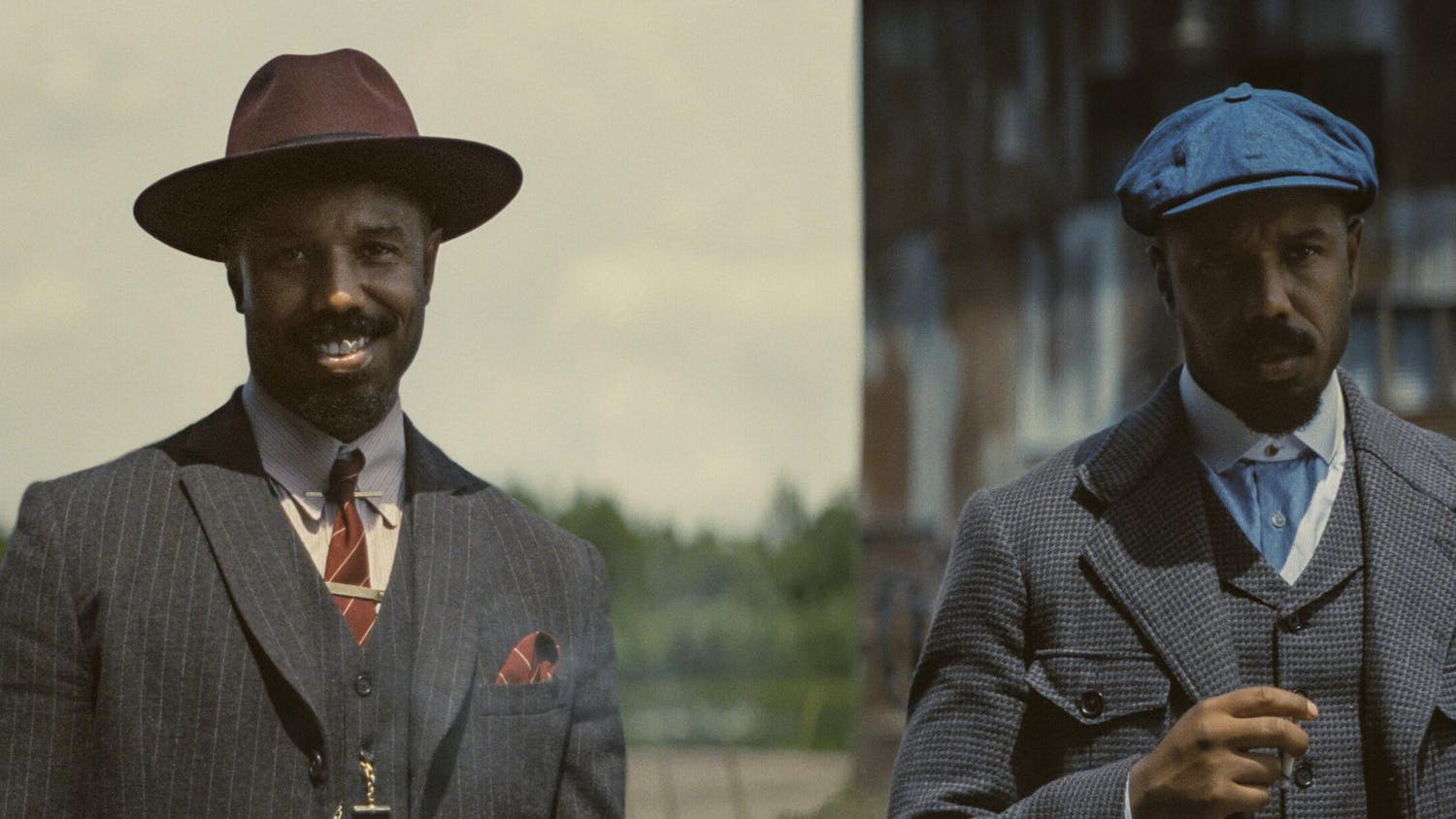My interest in public policy and politics has grown out of the simple belief that solutions to some of our country and world’s biggest problems can be implemented, or at least begun, through government actions.
I still cling to the admittedly naive belief that the American government can shape the direction of this society toward increased opportunity, justice and fairness.
Bureaucracies move slowly, and that almost unbelievably tedious pace both depresses and encourages my general optimism.
If it’s just the pace of Washington, D.C., there is a possibility we should wait a little more patiently for the implementation of policy ideas that can seriously stimulate the economy, invigorate public education and constructively restructure our broken health care system.
Maybe the entire road isn’t broken. We’re just stuck in traffic.
On the other hand, several months of gridlock-level traffic surely indicates a design flaw. Members of Congress are surely the only American adults who have the luxury of looking forward to recess breaks — a distant elementary school memory for most voters, 72.8 percent of whom disapprove of Congress.
It is true that living in the district opens up an entirely new level of potential cynicism and disillusionment.
At the same time, witnessing the political process up close has opened my eyes to a variable completely independent of the pace or structure of the federal government.
There are serious issues that require legislative solutions. Fraudulent practices must be criminalized and stopped, anti-competitive business behavior should be regulated and funding must be appropriated to a host of venerable recipients.
Other issues — gay teenagers committing suicide, bullying bills, defining marriage and determining the level of freedom a woman has to make choices about her body — depend as much on the culture created in homes and neighborhoods across the country as they do on government action.
Public policy can only reach so far. While it can be beneficial to pursue thoughtful actions that encourage cultural shifts, there are deep-rooted cultural norms, assumptions and yes, cultural problems, that underlie many “policy” issues that are now considered as demanding of “policy” solutions.
Homophobia and bullying are a recent manifestation of the cultural closed-mindedness that even the most effective policies will fail to address directly. For example, the anti-bullying bill that might be brought up before the Minnesota legislature updates the laws on the books. But what are the honest chances of some sort of legislative trickle-down to elementary school playgrounds and middle school hallways?
Obviously, the laws need to be updated, and we would never ask our elected representatives to change the way 12-year-olds, college students or any American thinks. But it is the way we collectively frame issues — our culture — that will determine how our young people treat each other.
Bullying laws, while essential, cannot compare to parents and teachers who teach the value of diversity and instill confidence and patience in young people.
Necessary legislative updates and government actions are not enough to address the cultural roots of the problem. Next week, I will explore whether the same principle applies to other current political priorities.
E-mail: swilensk@indiana.edu
Cultural gridlock
Get stories like this in your inbox
Subscribe





